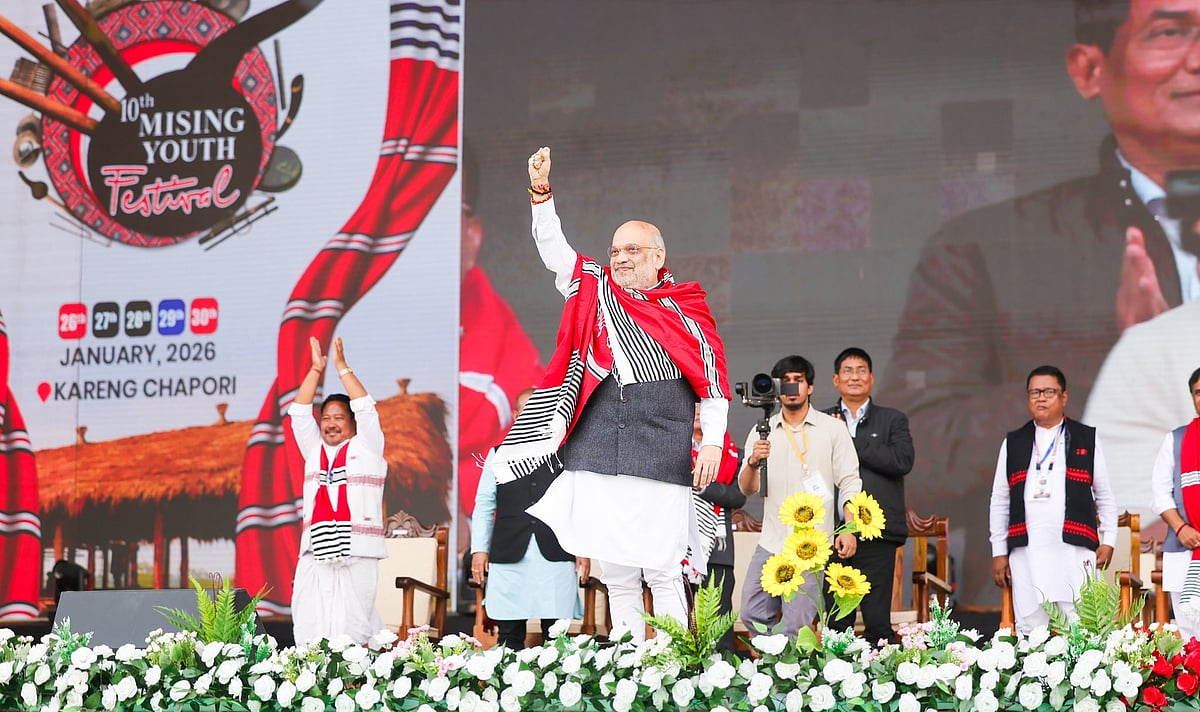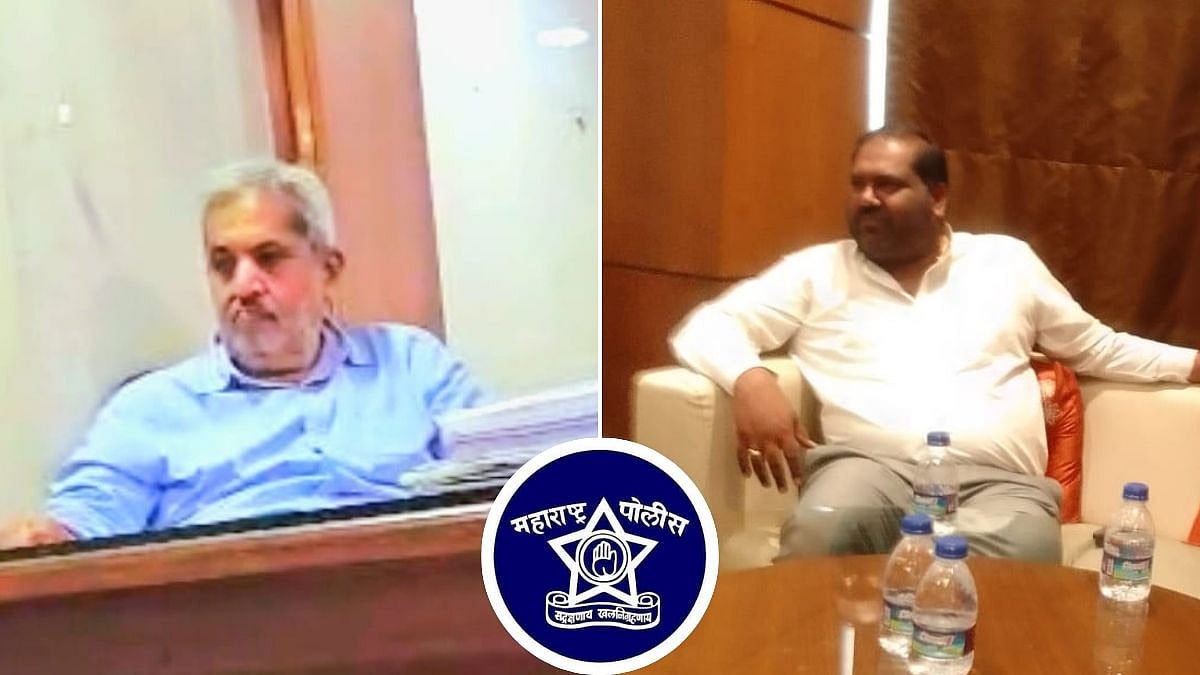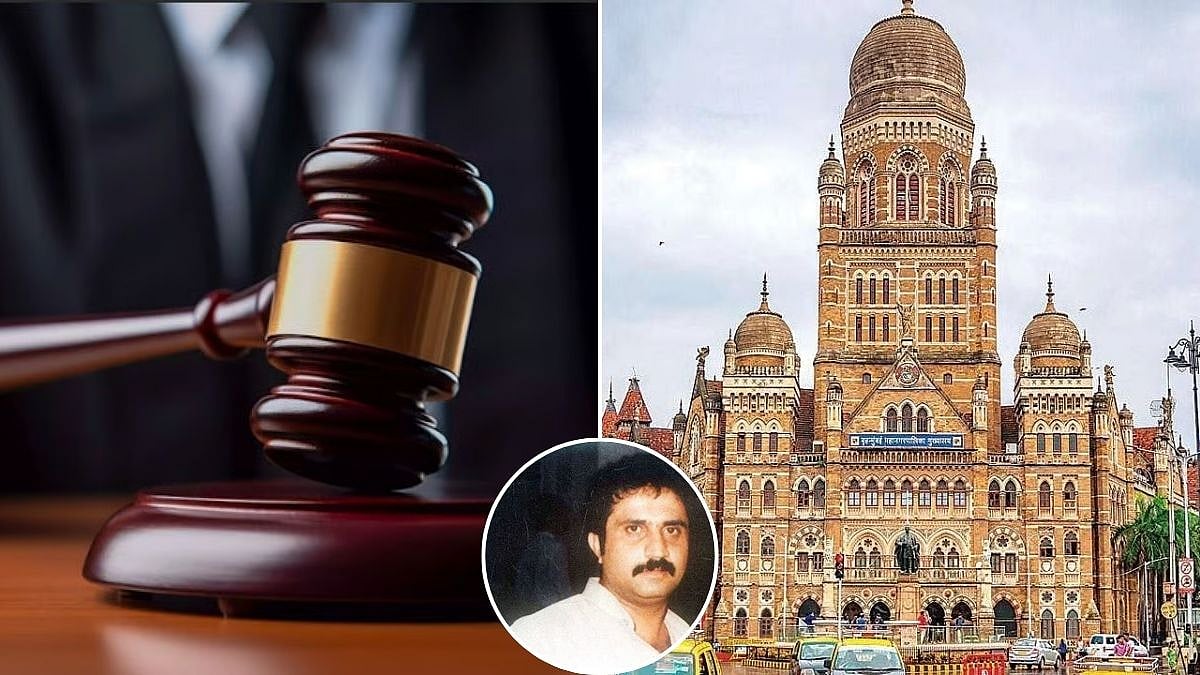Have you ever jolted awake with a gasp, realizing you have overslept and you have missed an important meeting? Or perhaps you have found yourself mindlessly scrolling through social media, losing track of time and feeling a hollowness despite the constant stimulation.
These are just a few examples of how living on autopilot can lead to missed opportunities and unnecessary stress.
Mindfulness through Kabir's doha
Hi I am Manish Behl a Mindfulness Coach and teacher and when I started walking on path of mindfulness I realized that it so simple yet so complex. Like this small Kabir’s Doha unveils such a profound wisdom. Kabir ji, a 15th-century Indian mystic poet, offers a powerful antidote on mindfulness.
उठ जाग मुसाफिर भोर भई, अब रैन कहाँ जो सोवत है । जो सोवत है सो खोवत है, जो जगत है सोई पावत है॥
Wake up traveler, it's morning now,
Night has finished. Why are you still sleeping?
Whoever is sleeping is missing,
Whoever is awake is getting and enjoying this moment.
Here, Kabir doesn't simply call for a physical rise from sleep. He challenges us to awaken our full awareness, to be present in the here and now, not dwelling on the past or worrying about the future.
Imagine a traveler navigating a treacherous mountain path. He would not walk with his eyes closed, oblivious to the dangers around him.
Similarly, navigating the complexities of life requires mindfulness – a conscious awareness of our thoughts, feelings, and sensations in the present moment.
Let’s unveil the layers of hidden meaning from this simple poem. Kabir’s doha unveils several layers of meaning that hold the key to cultivating mindfulness:

Musafir -The Traveler: An Everyman’s Journey: Kabir addresses us as “traveler,” a metaphor for every human being on a life journey. We are all travelers traversing the uncharted landscape of existence. This simple yet powerful image reminds us that life is not a destination but a continuous voyage of discovery.
Bhor bhae - The Present Moment: The Dawning of Awareness: “Morning” signifies the present moment, the only time we truly have any control over. The “night” that has finished symbolizes the past, which is gone and cannot be changed. The future remains uncertain, a mere horizon on our journey. By urging us to awaken “now,” Kabir emphasizes the importance of focusing on the present, where life unfolds with each passing breath.
Ren kahan jo sovat hai - The Slumber of Unconsciousness: The “sleeping” state refers to our unconsciousness, our tendency to autopilot through life without truly being present. We are often lost in thoughts about the past or worries about the future, missing the beauty and richness of the present moment. Kabir’s call to “wake up” is a powerful invitation to break free from this slumber and engage fully with life as it is happening.
Sovat hai woh khovat hai - The Cost of being Unmindful Ness: The phrase “whoever is sleeping is missing” highlights the consequences of unconsciousness. When we are not present, we miss out on the simple joys and opportunities that life offers. We may miss a heartfelt conversation with a loved one, the breathtaking beauty of a sunset, or the satisfaction of completing a task with focused attention.
Jaagat hai woh paavat hai - The Reward of Mindfulness: The final line, “whoever is awake is getting and enjoying this moment,” emphasizes the benefits of mindfulness. By being present, we can truly appreciate the richness of life’s experiences. We can savor the taste of a delicious meal, feel the warmth of the sun on our skin, and connect deeply with the people around us.
Tools for Everyday Life
Kabir’s wisdom is not merely philosophical; it offers practical tools we can use to cultivate mindfulness in our daily lives:
Start Your Day with Intention: Instead of hitting snooze and rushing through your morning routine, take a few moments to center yourself. Practice a few deep breaths, focusing on the rise and fall of your chest. Set an intention for the day, reminding yourself of your goals and priorities.
Embrace the Power of the Pause: Throughout your day, incorporate mini-mindfulness exercises. When the urge to multitask arises, take a pause. Briefly close your eyes, focus on your breath, and become aware of your surroundings. This mindful pause can help you refocus and approach your tasks with renewed clarity.
Eat Mindfully: We often eat on autopilot, distracted by phones or television. Instead, savor your food. Notice the colors, textures, and aromas. Appreciate the taste with each bite.
Be Thankful: Take a few minutes each day to reflect on the things you are grateful for, however small they may seem. This simple practice can shift your focus from what’s lacking to the abundance already present in your life.
Engage Your Senses: Pay attention to the details of the world around you. Notice the sounds of nature, the sensation of your feet on the ground, or the warmth of sunlight on your skin. This simple practice can ground you in the present moment and bring a sense of peace and wonder.
Benefits of Mindfulness
Mindful Science Centre one a leading mindfulness Institute in the world located in Mumbai works relentless on scientific application of Mindfulness and Emotional Intelligence. They run Asia’s biggest summit called “Mindfulness India Summit” which also takes place in Mumbai.
Research has shown that mindfulness practices can lead to a multitude of benefits, including:
Reduced Stress and Anxiety
Improved Focus and Concentration
Enhanced Emotional Regulation
Greater Self-Awareness
Increased Compassion for Others
Improved Sleep Quality
Lifelong Journey
Mindfulness is not a destination, but a lifelong journey. There will be times when our minds wander, and that's perfectly alright. The key is to gently bring our attention back to the present moment without judgment. With consistent practice, we can cultivate a deeper sense of awareness that allows us to appreciate the beauty and richness of everyday life.
Share your thoughts and experiences with mindfulness in the comments below! We can all learn from each other on this journey of self-discovery. You can also reach out to me if you wish to learn more on Meditation and Mindfulness and Emotional Intelligence.
(Mindfulness India Summit will be held in Mumbai on October 17 & 18. To know more visit mindfulnessindiasummit.com)
(Manish Behl is a renowned Mindfulness Teacher and India's foremost expert in Mindfulness and Emotional Intelligence, providing evidence-based solutions to individuals, leaders, and organizations to enhance performance and well-being)












